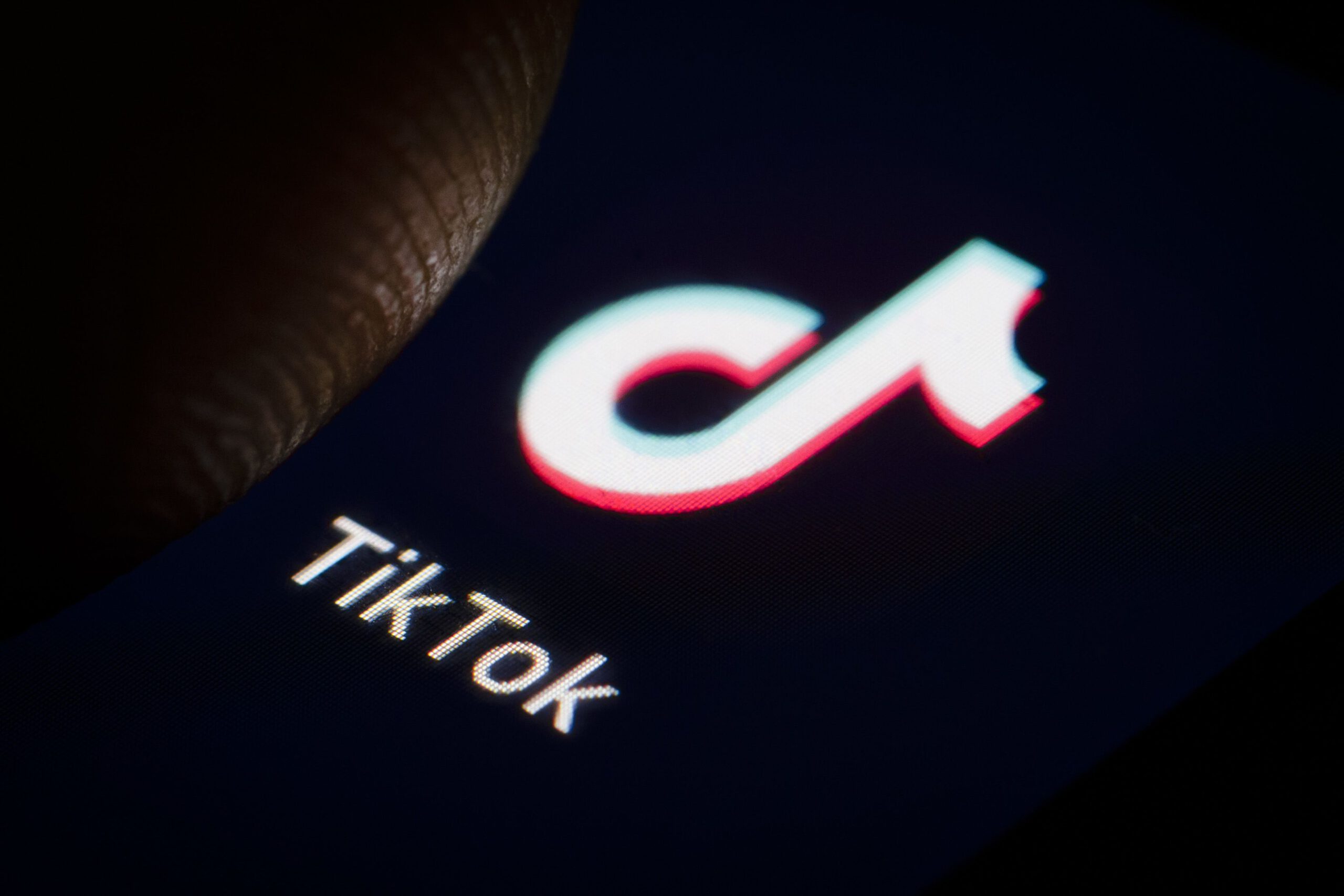While Huawei is the world’s third-largest smartphone vendor after Samsung and Apple, it has struggled to find a foothold in the US market. Its smartphones aren’t currently sold by any US networks: a deal with AT&T that was expected to be announced in January apparently fell through because of political pressure, as did a potential deal with Verizon. More recently, electronics retailer Best Buy decided to stop selling Huawei products too.
The reception Huawei has had in the US is down to a combination of security concerns and also increasing political concerns about the US-China trade imbalance.
In February, US intelligence chiefs including the heads of the CIA, FBI, and NSA advised consumers to avoid buying phones made by Chinese manufacturers Huawei and fellow Chinese brand ZTE, citing security risks.
The US government is “deeply concerned about the risks of allowing any company or entity that is beholden to foreign governments that don’t share our values to gain positions of power inside our telecommunications networks,” FBI director Christopher Wray told a Senate Intelligence Committee hearing. The intelligence agencies provided no evidence to back up the warning, and both companies rejected the claim.
Huawei has long faced similar concerns when trying to sell its networking equipment in the US with critics citing the same security concerns; a recent leaked paper from US president Donald Trump’s national security team floated the idea of the US government building its own 5G network in order to counter the risk of Chinese spying.
http://www.zdnet.com/article/without-the-us-market-huaweis-challenge-to-apple-and-samsung-is-an-uphill-battle/









